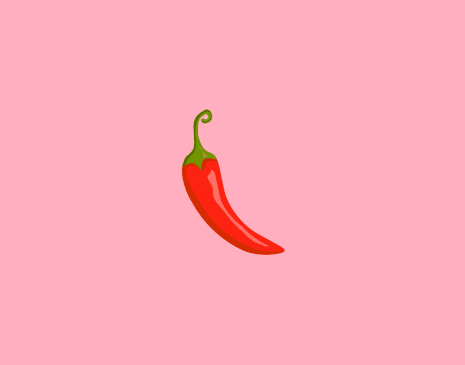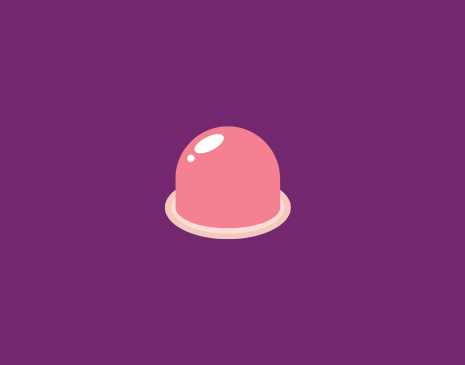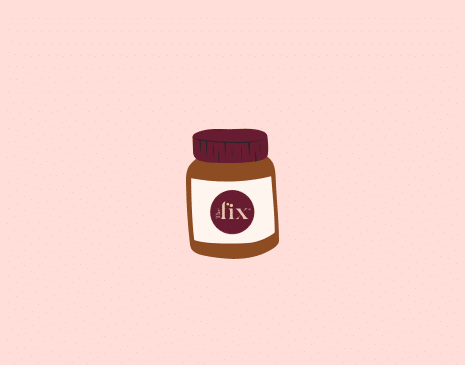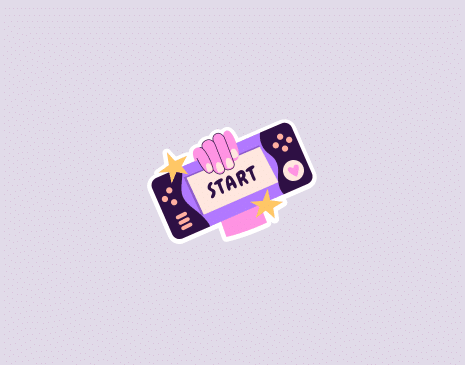Are you navigating the uncomfortable journey of a urinary tract infection (UTI)? While antibiotics are the go-to treatment for this common bladder infection, did you know what you eat and drink can significantly impact your UTI recovery?
Welcome to our comprehensive guide on what to avoid during a UTI. This article is your sidekick in understanding how certain foods can worsen UTI symptoms and delay healing. We’ll walk you through the must-avoid foods and explain why they can be harmful in treating UTIs. So, let’s dive in and learn how to make your diet a key player in your UTI treatment journey.
What Foods Trigger UTI?
Bladder symptoms of urinary tract infections (UTIs) can be uncomfortable and disruptive, but did you know that certain foods can trigger or worsen symptoms of UTIs? Understanding what to eat and what foods to avoid can help decrease symptoms and prevent recurrent UTIs. Here’s a helpful guide:
Caffeine: Found in coffee, tea, and some soft drinks, caffeine can irritate your bladder, exacerbating UTI symptoms.
Spicy Foods: These might be delicious, but they can also irritate the bladder. If you’re prone to UTIs, it might be a good idea to dial down the heat.
Acidic Foods: Citrus fruits, like oranges, lemons, limes, and tomatoes, can irritate the bladder. Opt for less acidic fruits like bananas and melons.
Artificial Sweeteners: Some studies suggest that artificial sweeteners in sodas and sugar-free foods can aggravate UTI symptoms.
Alcohol: Like caffeine, alcohol is a diuretic and bladder irritant. Reducing alcohol intake can help ease UTI discomfort.
High-Sugar Foods: Foods high in sugar can encourage bacterial growth, potentially worsening UTIs.
Remember, each body is unique. What triggers UTI symptoms in one person may not affect another. Staying hydrated with a solid fluid intake, especially with water, is universally recommended as it helps flush bacteria from the urinary tract. If you’re experiencing frequent UTIs, it’s always best to consult a healthcare professional for personalised advice.
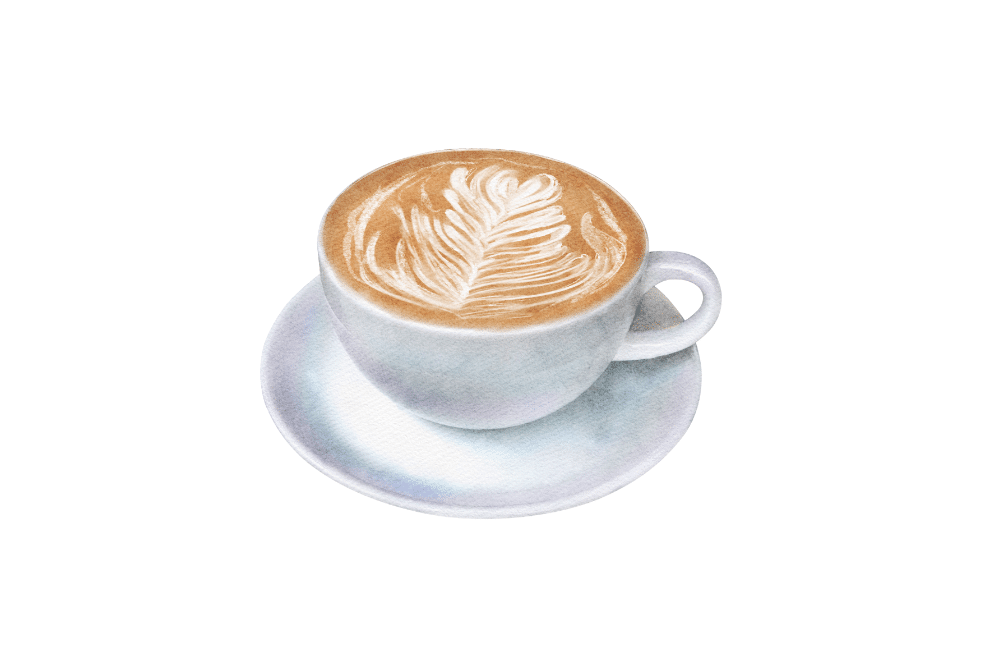
Foods to Avoid with a UTI: A Comprehensive List
When dealing with a urinary tract infection, paying attention to what you eat is important, as certain foods and beverages can exacerbate symptoms. Here’s a comprehensive list of foods and drinks that are generally considered harmful for UTIs:
Caffeinated Beverages: Coffee, tea, and certain soft drinks contain caffeine, which can irritate the bladder and increase discomfort during a UTI.
Spicy Foods: Foods high in spices can irritate the urinary tract and worsen UTI symptoms.
Citrus Fruits and Juices: Oranges, lemons, limes, and grapefruits are acidic and can irritate the bladder.
Tomatoes and Tomato-Based Products: Like citrus, tomatoes are acidic and can aggravate symptoms of a UTI.
Artificial Sweeteners: Found in many diet drinks and sugar-free foods, these can irritate the bladder in some people.
Alcohol: As a diuretic and irritant, alcohol can exacerbate UTI symptoms and hinder the healing process.
High-Sugar Foods and Drinks: Excessive sugar can promote bacterial growth and worsen UTI symptoms.
Carbonated Beverages: Soda and other fizzy drinks can irritate the bladder.
Processed Foods: High in salt and preservatives, processed foods can contribute to dehydration and bladder irritation.
Dairy Products: For some individuals, dairy products can increase the acidity of urine, potentially worsening UTI symptoms.
While this list is comprehensive, it’s important to remember that everyone’s body reacts differently. Hydration is key in managing UTI symptoms, so drinking plenty of water is essential. If you’re prone to UTIs or experiencing recurrent infections, consult a healthcare professional for personalised advice and treatment.
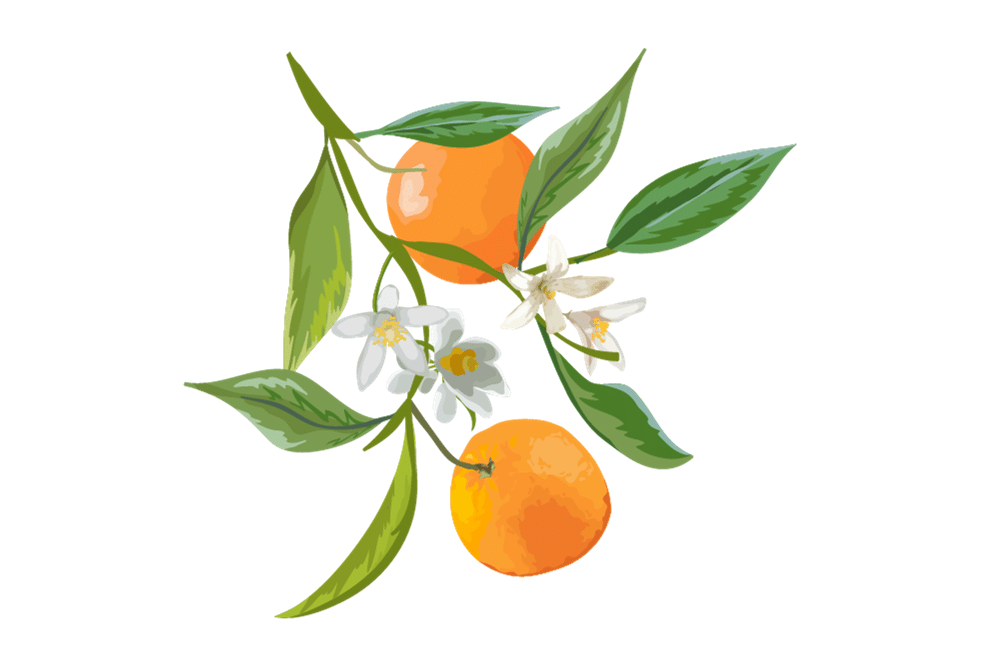
Are Bananas Good for Urinary Tract Infections?
It’s time to set the record straight about bananas and their role in managing urinary tract infections (UTIs). Contrary to some misconceptions, bananas can be beneficial when dealing with a UTI. Here’s why:
Low in Acid: Unlike citrus fruits and tomatoes, bananas are low in acid. This makes them less likely to irritate the bladder or urinary tract.
Rich in Potassium: Bananas are an excellent source of potassium, which is vital for overall health and can help in the proper functioning of the urinary system.
Contain Vitamin B6: This vitamin, found in bananas, is important for maintaining a healthy bladder and nervous system.
Hydration: While bananas aren’t a substitute for drinking water, their water content can aid in hydration, which is crucial when battling a UTI. Proper hydration helps flush out bacteria from the urinary tract.
Non-Irritating: For many people, especially those with sensitive bladders, bananas are a safe, non-irritating food choice.
However, it’s important to note that while bananas are a healthy fruit and can be part of a UTI-friendly diet, they are not a cure for UTI bladder infections. The most effective way to treat a UTI is to consult a healthcare professional who can prescribe antibiotics if necessary. In addition to following medical advice, staying well-hydrated, avoiding irritant foods, and maintaining overall urinary tract health can help manage and prevent UTIs. Bananas can be a part of this holistic approach.
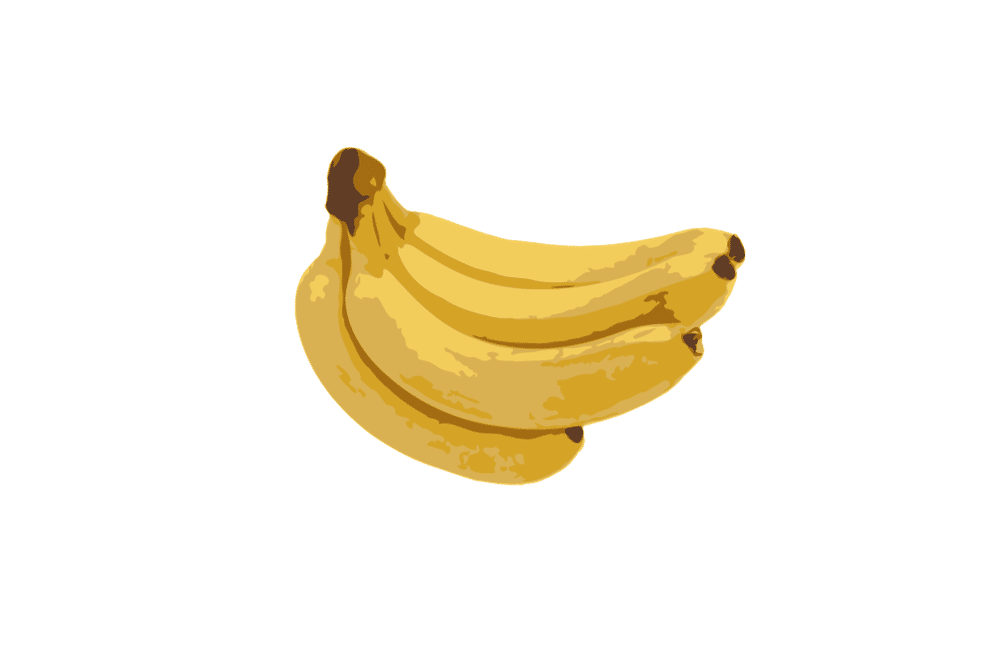
The Link Between Diet and UTI Management
The relationship between diet and UTIs is an important aspect of prevention and how to get rid of UTIs effectively. While diet alone cannot cure a UTI, certain dietary choices can help in managing symptoms and reducing the likelihood of recurrence. Here’s an overview of how diet plays a role in UTI management:
Hydration
Drinking plenty of fluids, especially water, is a no-brainer. It helps flush bacteria from the urinary tract, reducing the risk of infection and aiding in recovery. Cranberry juice is a close second.
Urinary pH Balance
Certain foods can affect the pH of urine. A balanced urinary pH can help reduce bacterial growth and ease symptoms. Foods like cranberries and blueberries help maintain a healthy urinary pH.
Avoiding Irritants
Foods and beverages that irritate the bladder should be limited or avoided. These include caffeine, alcohol, spicy foods, citrus fruits, and artificial sweeteners.
Probiotics
Foods rich in probiotics, like yoghurt and fermented foods, can support a healthy balance of bacteria in the gut and may benefit urinary tract health.
High-Fibre Foods
A diet high in fibre can prevent constipation, which in turn can reduce the risk of UTI. Constipation can put pressure on the bladder, potentially leading to urinary retention and infection.
Vitamin C
Foods high in Vitamin C can boost the immune system and may increase the acidity of urine, which can help fight off infections.
Cranberries
While not a cure-all, cranberry juice and cranberries are often linked with UTI prevention due to their ability to prevent bacteria from adhering to the urinary tract.
Low Sugar Intake
Reducing sugar intake can be beneficial as high sugar levels promote bacterial growth.
Remember, while these dietary adjustments can aid in managing and preventing UTIs, they should complement, not replace, appropriate medical treatment. If you have a UTI or experience frequent UTIs, you know how long a UTI lasts. So, it’s important to consult a healthcare professional for a proper diagnosis and treatment plan. Diet is just one piece of the puzzle in maintaining urinary tract health.

The Sugar-UTI Connection: What to Know
The connection between sugar consumption and UTIs warrants the attention of many individuals who wonder, “How do you get a UTI?” High sugar intake, especially from processed foods and beverages, can significantly impact urinary health and make a bladder infection worse.
When sugar is consumed in large amounts, it can lead to higher blood sugar levels, which in turn may promote the growth of bacteria, including the types that cause UTIs. This is particularly relevant for individuals with diabetes, who are already at an increased risk of UTIs due to elevated glucose levels in the urine, creating a thriving environment for bacteria.
Moreover, a diet high in sugar can disrupt the balance of good and bad bacteria in the body. This imbalance, known as dysbiosis, can weaken the immune system and decrease the body’s ability to fight off infections, including those in the urinary tract.
Reducing sugar intake, therefore, not only helps in maintaining overall health but also plays a role in preventing the onset or worsening of UTIs. It’s important to be mindful of hidden sugars in processed foods, and opting for a balanced diet with plenty of fluids, fruits, vegetables, and whole grains can be beneficial for urinary tract health. As always, for those prone to recurrent UTIs or experiencing symptoms of UTI, it’s essential to consult a healthcare professional for proper diagnosis and treatment.
Alcohol and UTIs: The Surprising Impact
Alcohol acts as a diuretic, leading to increased urination, which, in theory, could help flush bacteria from the urinary tract. However, the reality is more complex. Alcohol can also lead to dehydration, diminishing the body’s ability to cleanse the urinary system naturally. This dehydration can irritate the bladder and urethra, potentially exacerbating UTI symptoms and discomfort.
Furthermore, alcohol can impair the immune system, reducing the body’s ability to fight off infections, including UTIs. For individuals prone to UTIs or currently experiencing an infection, consuming alcohol might prolong recovery and increase the risk of recurrent infections.
Alcohol’s interference with the effectiveness of pain relievers and antibiotics used to treat UTIs is another concern (find out how to get antibiotics for UTIs without seeing a doctor). It is advisable for those dealing with a UTI or at risk of developing one to limit or avoid alcohol consumption to support the healing process and overall urinary health.

Navigating Dairy Products During a UTI
Navigating the consumption of dairy products during a UTI can be a balancing act. While dairy products don’t directly cause UTIs, their impact on individuals experiencing a UTI can vary. For some people, dairy products, particularly those high in fat, can exacerbate UTI symptoms. This is because high-fat dairy can irritate the bladder, increasing discomfort. However, this isn’t a universal reaction, and many people can consume dairy without any negative impact on their UTI symptoms.
On the other hand, dairy products can be beneficial due to their nutritional content. They are a good source of protein and calcium, and those that contain probiotics, like certain yoghurts, can support a healthy balance of bacteria in the gut. This could indirectly benefit urinary health.
The key is moderation and paying attention to your body’s reactions. If you notice that consuming dairy products worsens your UTI symptoms, it might be wise to reduce your intake or opt for low-fat or non-dairy alternatives. As with any dietary changes during a UTI, it’s always advisable to consult a healthcare professional for personalised advice, especially if you experience frequent UTIs or have other underlying health conditions.

